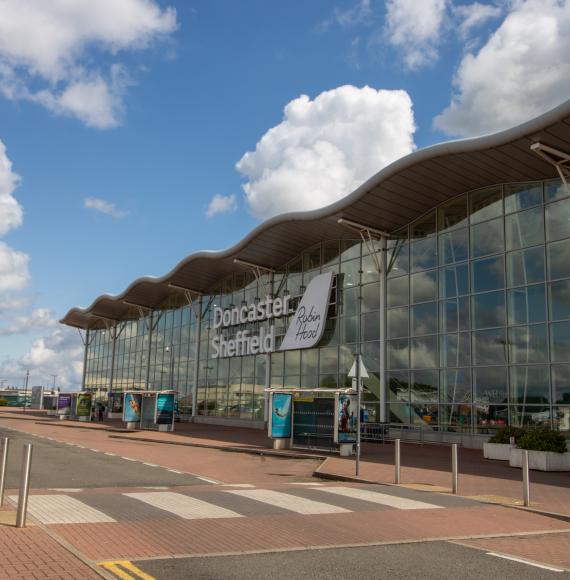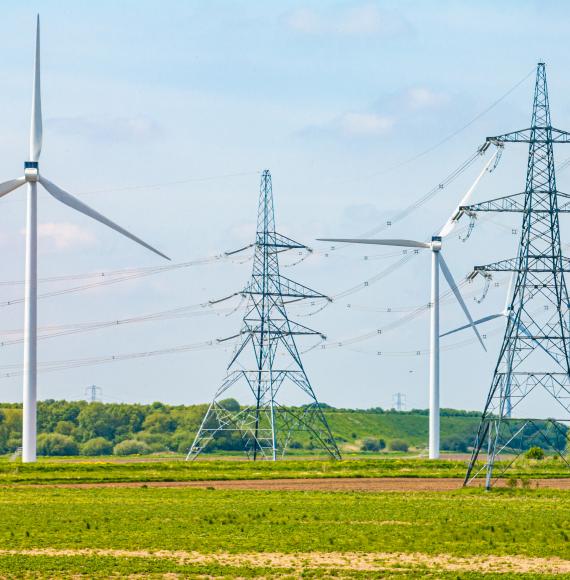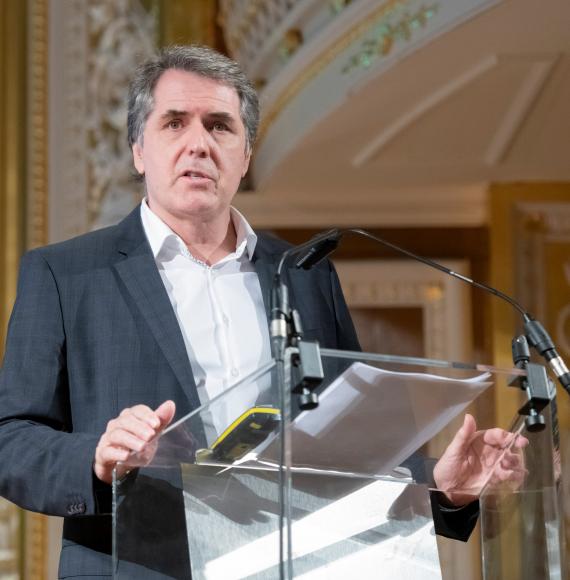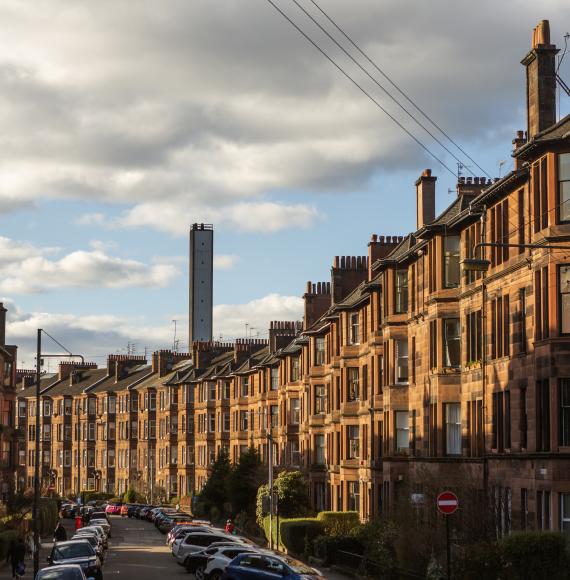Levelling up has been one of the biggest focuses for local authorities recently. With the end goals being to reduce regional inequalities, increase opportunities and help communities to thrive, it is clear to see the importance of using government funding to benefit some of the most deprived areas in the country.
According to the Labour Party, however, central government has spent less than 10% of the funding that it has committed to levelling up.
The £4.8 billion Levelling Up Fund was established by the Department for Levelling Up, Housing and Communities at the 2020 Spending Review, with the first round opening in March 2021. The first round of the funding saw £1.7 billion allocated to 105 projects around the UK, whilst the second round increased investment to see £2.1 billion allocated to 111 projects.
Whilst this would leave £1 billion of funding leftover for a third round, it was raised in the House of Commons yesterday that, despite allocating the majority of the contents of the Levelling Up Fund, only 8% has been spent. Referring to a Freedom of Information request obtained by the Labour Party, Lisa Nandy MP challenged the Secretary of State for Levelling Up, Housing and Communities on the funding. She said:
“I have a document here that, even on his flagship levelling up policy, he has been able to get only 8% of his funds out of the door. He is good at getting press releases out the door – why not our money?”
Eight percent equates to only £392 million of spending being released for community projects around the country, a considerable difference to the amount of funding that the country would require to achieve it’s goals and, ultimately, inhibiting communities that have been allocated funding from being able to make a difference as quickly as they may like.
Levelling Up Secretary Michael Gove did not directly respond to the statement outlining the lack of spend, choosing instead to draw attention to the money that was committed by the Chancellor during the Budget of two weeks ago.
The spread of funding allocations has seen the North West of England allocated the most funding through both rounds, whilst Northern Ireland receives the least. Scotland and Wales sit in the middle of the pile, with both being allocated funding just below the £350 million mark.
Communities have submitted bids based around improvements to all aspects of life, whether it being transport, health and social care, green spaces and many more. If they all work and the funding is eventually spent, then it should be beneficial to the communities that are drastically in need of investment, however the scheme has not been without its critics. In January of this year, The Institute for Government talked about how the fund will not be able to deliver. Whilst mentioning the bidding process being one of three things holding the scheme back, Deputy Chief Economist Thomas Pope said:
“The Levelling Up Fund is one of many designed to promote local growth initiatives, with local authorities able to bid into hundreds of competitive central government funds. This is not an effective way to spend money or select projects.”



















